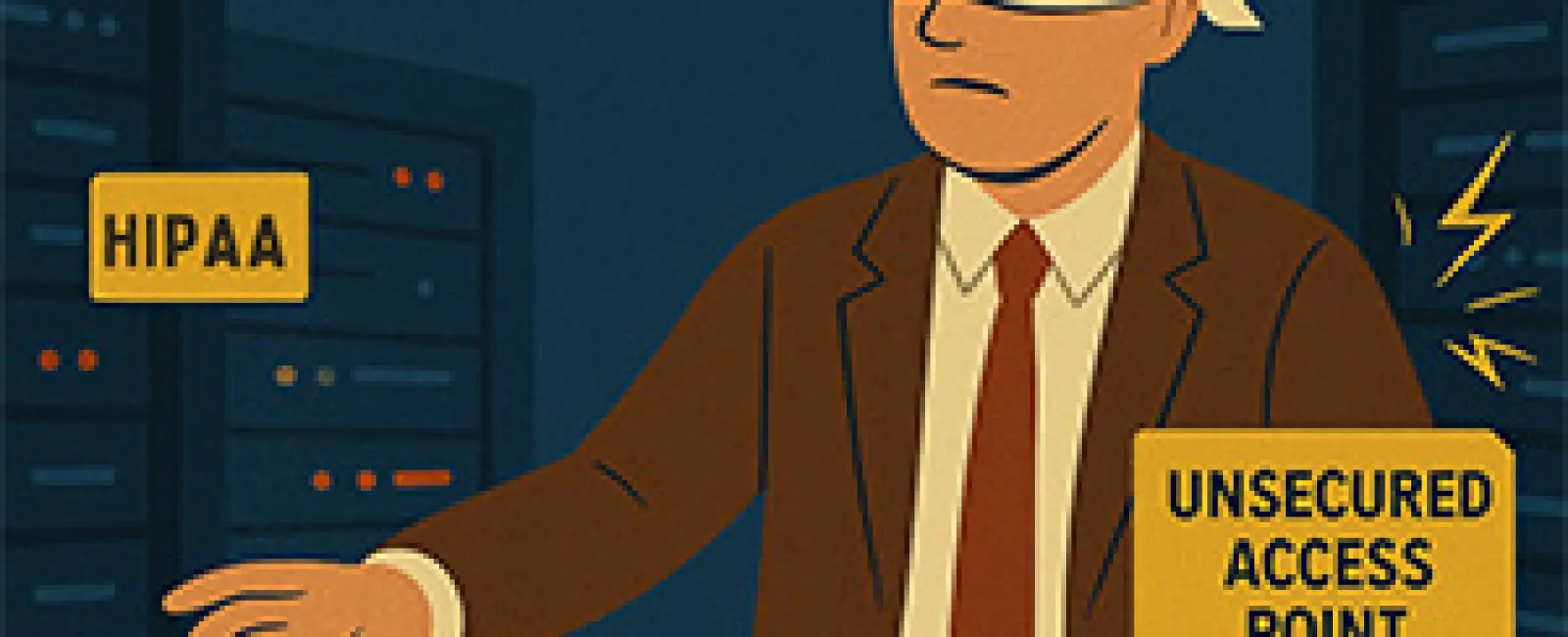July 14, 2025
Many small business owners mistakenly believe that regulatory compliance concerns only affect large corporations. However, in 2025, this assumption is far from reality. With regulations tightening across industries, small businesses are increasingly targeted by enforcement agencies.
Why Compliance Is Crucial Now More Than Ever
Regulatory authorities such as the Department of Health and Human Services (HHS), Payment Card Industry Security Standards Council (PCI SSC), and the Federal Trade Commission (FTC) have ramped up their emphasis on data security and consumer privacy. Failing to comply is not just a legal issue—it poses serious financial and reputational threats that can devastate small businesses.
Essential Regulations Impacting Small Businesses
1. HIPAA (Health Insurance Portability and Accountability Act)
If your business manages protected health information (PHI), HIPAA rules apply. Recent updates highlight:
●
Mandatory encryption for all electronic PHI.
●
Routine risk assessments to detect and address vulnerabilities.
●
Comprehensive employee training on privacy and security protocols.
●
Incident response strategies to promptly manage data breaches.
Noncompliance can lead to steep penalties. For example, in 2024, the HHS fined a small healthcare provider $1.5 million due to insufficient data protection.
2. PCI DSS (Payment Card Industry Data Security Standard)
Businesses processing credit card transactions must comply with PCI DSS. Critical requirements include:
●
Secure storage of cardholder information.
●
Continuous network monitoring and testing.
●
Deployment of firewalls and encryption technologies.
●
Strict access controls limiting data availability.
Failure to comply may result in monthly fines between $5,000 and $100,000, depending on the violation's severity and duration.
3. FTC Safeguards Rule
Companies handling consumer financial data must:
●
Create a documented information security plan.
●
Appoint a qualified security officer to oversee safeguards.
●
Perform regular risk evaluations.
●
Adopt multifactor authentication (MFA) for enhanced security.
Penalties for breaches can reach $100,000 per incident for businesses and $10,000 for responsible individuals. The risks are significant!
Real-Life Impact of Noncompliance
Consider a small medical practice hit by a ransomware attack due to outdated security. They faced a $250,000 fine from the HHS and suffered a loss of patient trust, causing a sharp decline in business. Taking control of your data security is essential!
Effective Steps to Achieve Compliance
- Perform Thorough Risk Assessments: Continuously evaluate your systems to uncover and fix vulnerabilities.
- Implement Strong Security Protocols: Utilize encryption, firewalls, and multifactor authentication to safeguard sensitive information.
- Educate Your Team: Ensure employees are well-versed in compliance standards and security best practices.
- Establish an Incident Response Plan: Prepare clear procedures to handle potential data breaches effectively.
- Collaborate with Compliance Specialists: Work with experts who can navigate complex regulations and keep you compliant.
Act Now Before It's Too Late
Compliance goes beyond legal duty—it's vital for your business's trust and survival. Ignoring these rules risks severe fines and lasting damage to your brand.
Ready to Evaluate Your Compliance Status?
We provide a FREE Discovery Call to help uncover vulnerabilities and ensure your business meets all regulatory standards. Don't let compliance gaps threaten your success.
Click here or call us at 859-245-0582 to schedule your FREE Discovery Call today.





